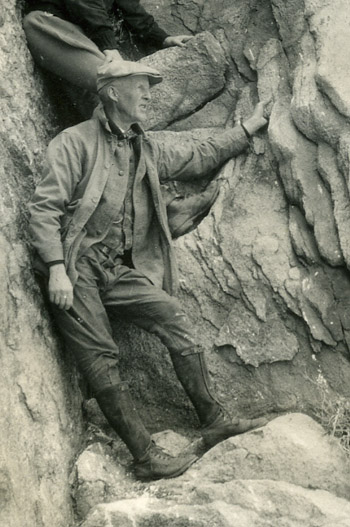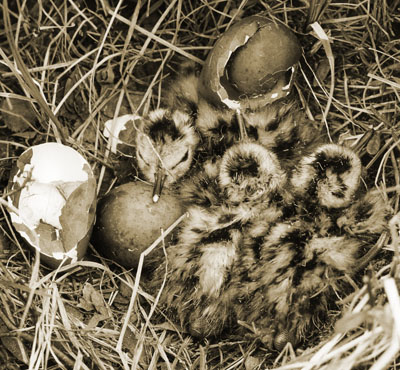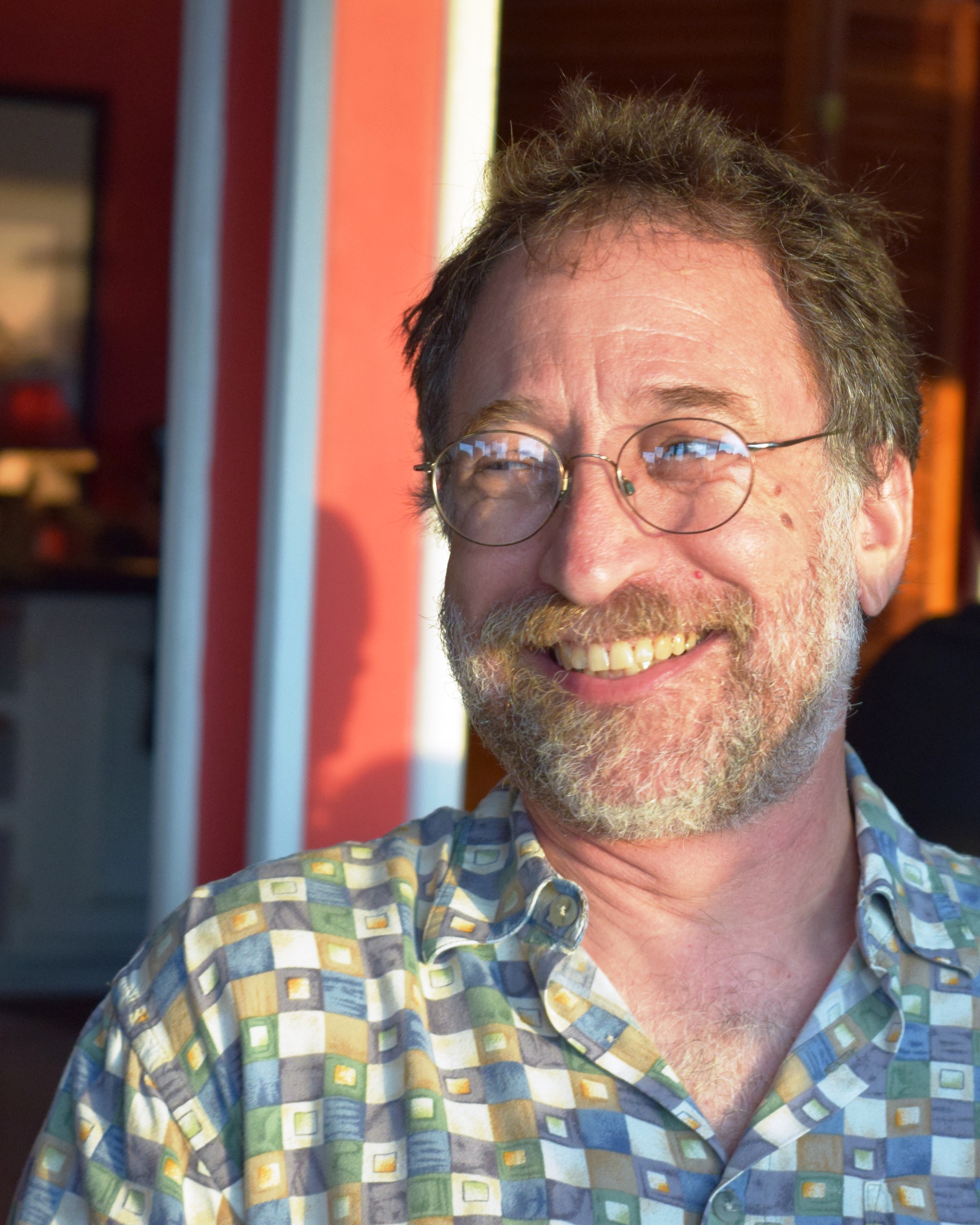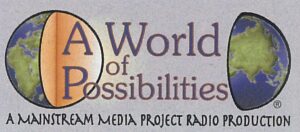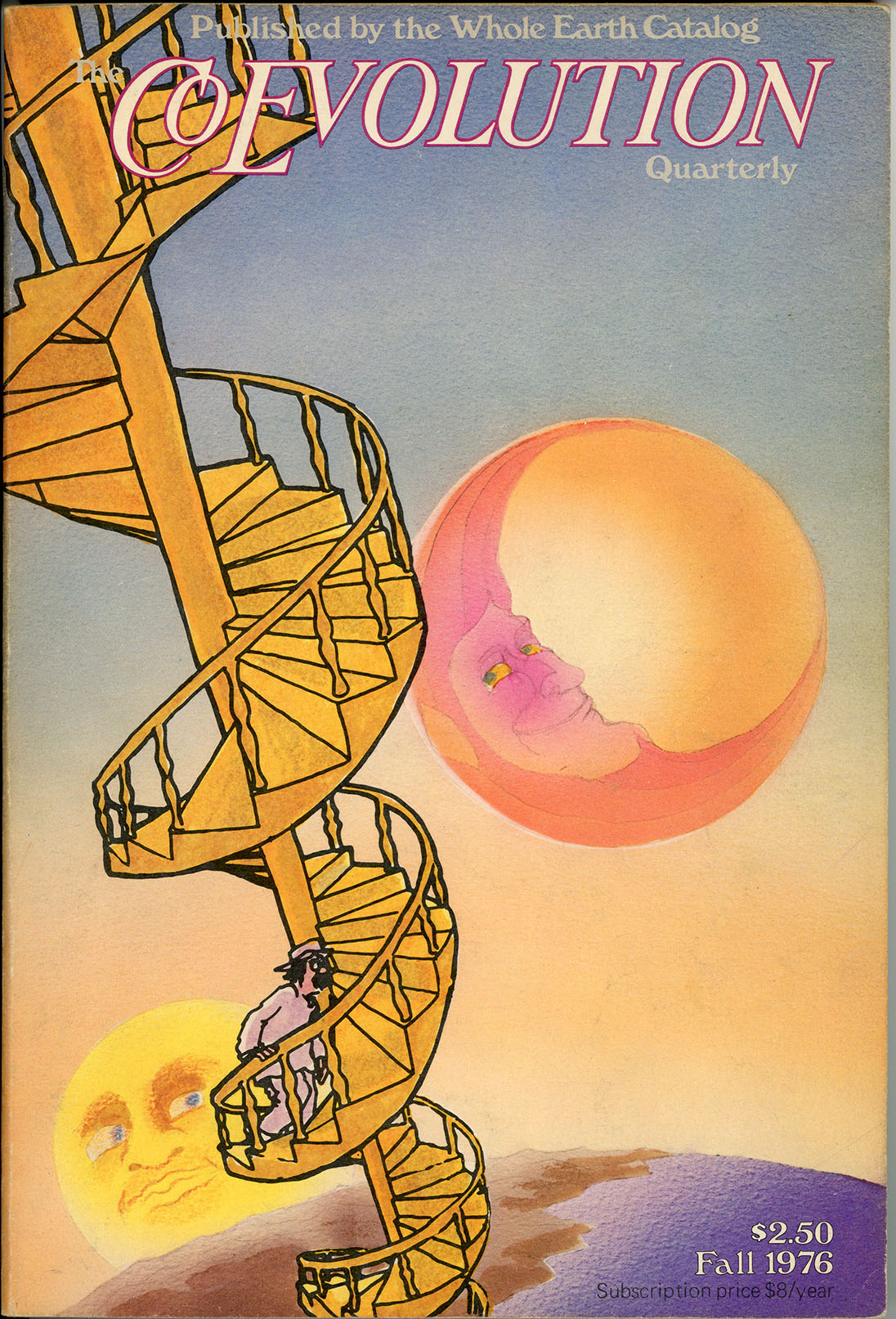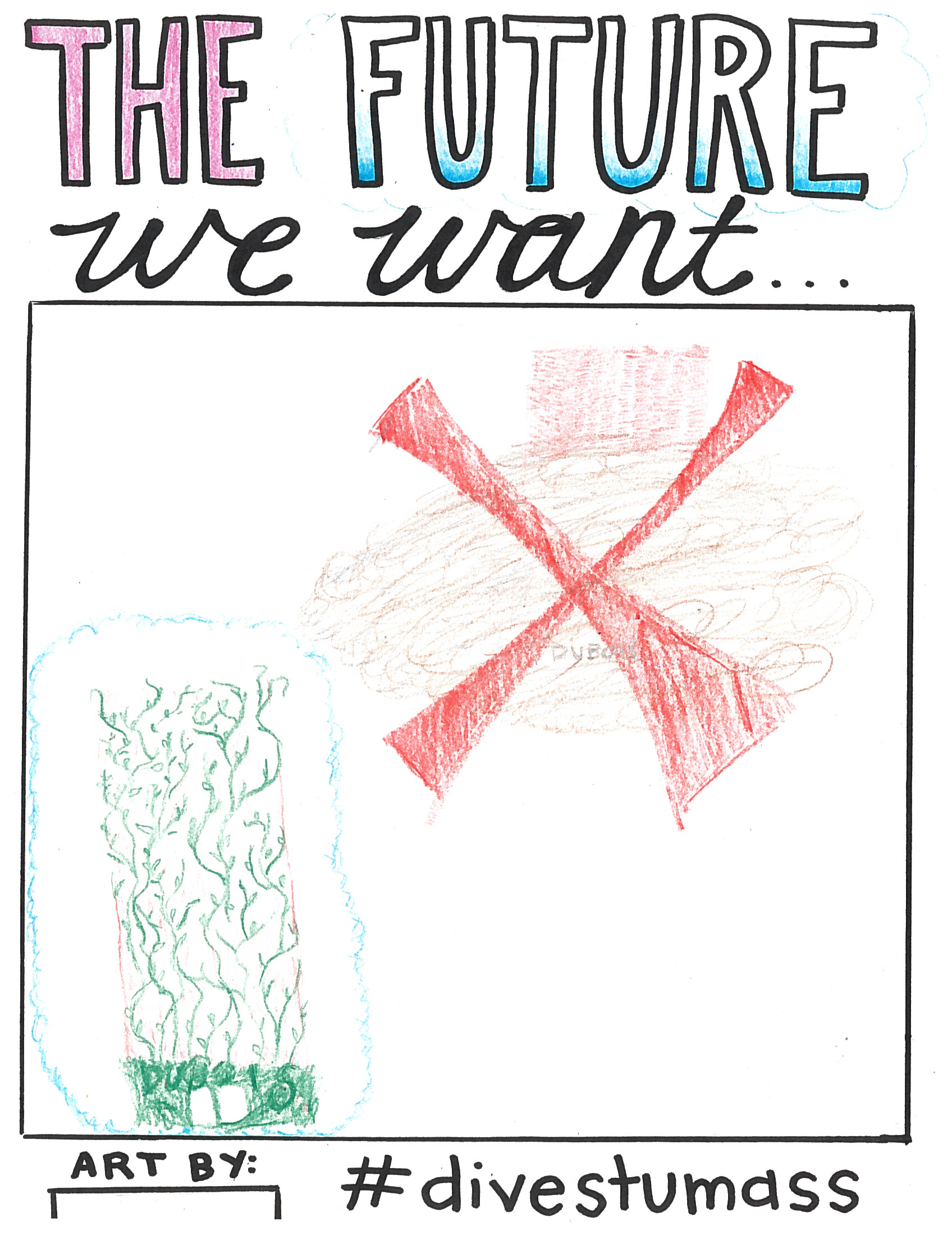Walter Banfield Papers
The plant pathologist Walter M. Banfield joined the faculty at UMass Amherst in 1949 after service in the Army Medical Corps during World War II. A native of New Jersey with a doctorate from the University of Wisconsin, Banfield’s research centered on diseases affecting shade trees in the United States, and he is widely credited with identifying the origin of Dutch elm disease. As early as 1950, he emerged as a prominent advocate for the protection of open space and farmland, becoming a founder of the Metacomet-Monadnock Trail. An avid hiker and canoeist, he remained in Amherst following his retirement. He died at age 95.
The Banfield Papers include records from his Army service, family records, and professional and family correspondence – particularly between Banfield and his wife Hertha whom he met in Germany during WWII. The professional correspondence documents Banfield’s commitment to land preservation, and include many applications for land to be set aside for agricultural or horticultural use. Banfield was also a talented landscape photographer, and the collection includes a large number of 35mm slides reflecting his varied interests, including images of Europe at the end of World War II and various images of landscape, trees, forests, and other natural features that he used in teaching.


